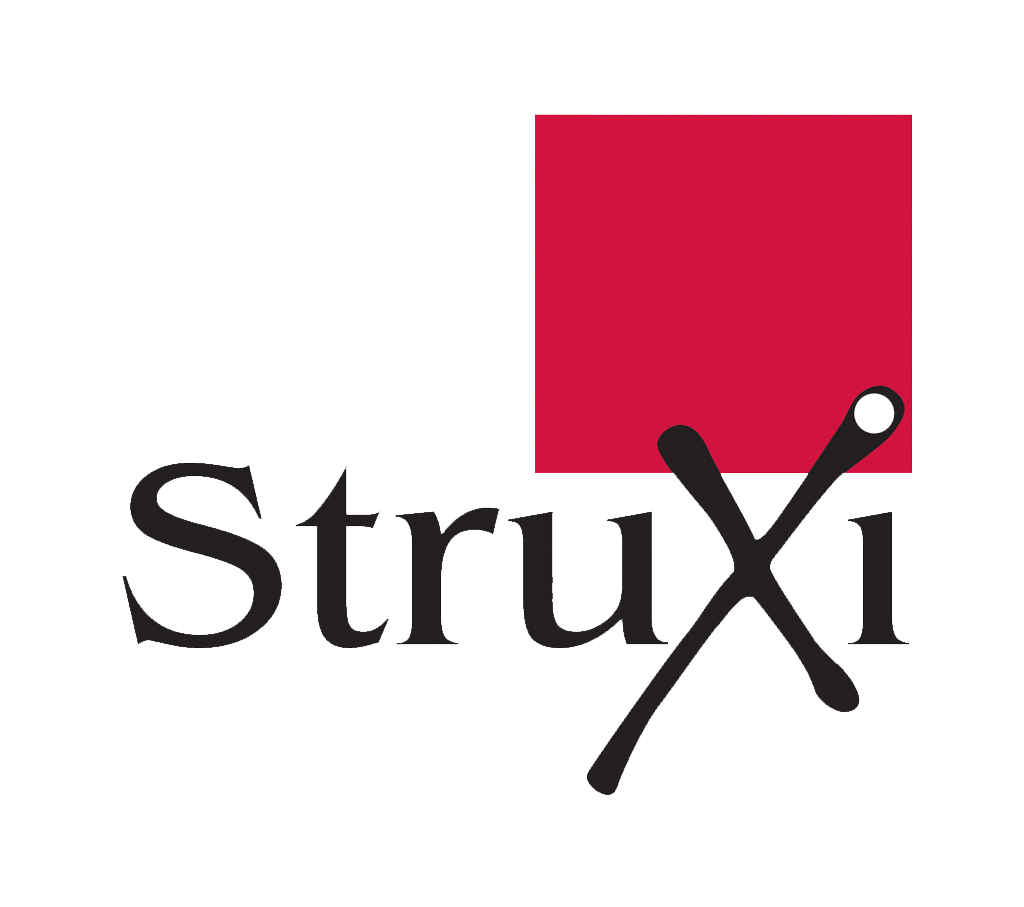A letter from Owen - Value in Mentoring
I think mentoring is a really great learning tool that helps the student and the mentor with long-term career development. We have found that the most valuable method of mentoring comes from employing students within the business. Eight of the Twelve StruXi team members (including myself) are all studying. That’s three-quarters of our staff that spend at least some of their time outside of work, studying. I am studying an Access Consulting Certificate; Bree is studying a Bachelor of Architecture; Jack, Ethan, Mitchell, and Raph are studying Building Design; and Lauren is studying Digital Media.
Working in the industry has the potential to be highly beneficial for students as it gives them an advantage over those who aren’t. It gives them real-life experience in the field, plus they have unlimited access to people who have been working in the industry for over 30 years. These mentors have a wealth of knowledge and skills to share and guidance to give when students are working on assignments or find things from their courses that they might not fully understand and want more clarification on, which they can delve into more deeply in a hands-on approach than that of what a professor is able to provide in the classroom.
Ethan won the BDAQ 2020 Student Design Award and recently earned a coveted commendation in the Lysaght Inspirations Design Awards.
We see a massive value in studio time when learning design, which goes back to what we talked about collaboration in our last blog. Having the opportunity to meet with your peers and discuss what was done, why it was done, identify the issues and workshop solutions is a great way to learn. We do this frequently, especially on bigger projects, the whole team might not always be involved in the studio, but there is always at least 4 or 5 of us gathered around the round table to discuss issues and solutions of a project thoroughly.
From my perspective, working on real jobs with real deadlines and real people’s money and livelihoods at stake takes the learning to a level that is a step above what you get asked to do in the classroom. At work, there is a real consequence throughout the design process for each decision you make.
The industry says that it wants ‘job-ready’ graduates and universities are trying to produce ‘job-ready’ graduates, but I don’t like that the expectations of both parties are perhaps not always being delivered. Does ‘job-ready’ mean they are ready to join the workforce and start to learn how to do their job? I believe this is the realistic expectation/outcome.
What do you mean by a ‘job-ready’ graduate? Because I’m hearing the industry say that they want a graduate to come out of Tafe/University and be 110% ready to sit at a desk independently and manage and design a project from start to finish without any guidance. This is an unreasonable expectation. There isn’t enough time or enough exposure to real-world scenarios in education to be able to produce somebody who is a ‘job-ready’ graduate.
What are we doing? By employing students and encouraging our staff to become students and mentors, we are bridging that gap between the expectation and the reality. We have in-built mentoring for all our employees, providing better learning outcomes by working in the industry. Learning with consequences makes it very real. I’m giving something back to the industry that has given me a job for the last 30 years. I enjoy helping people get better at what they do and sharing my knowledge, especially when it is to do with something that I’m really quite passionate about.
Your education generally teaches you how to find the information you’ll need when you are ready to start learning how to do your job. The more you know, the more you realise that you don’t know. That’s my view on it.
I’d love to see more people in the industry take on students and put effort into supplementing their education so that they can be job-ready graduates.
- Owen
